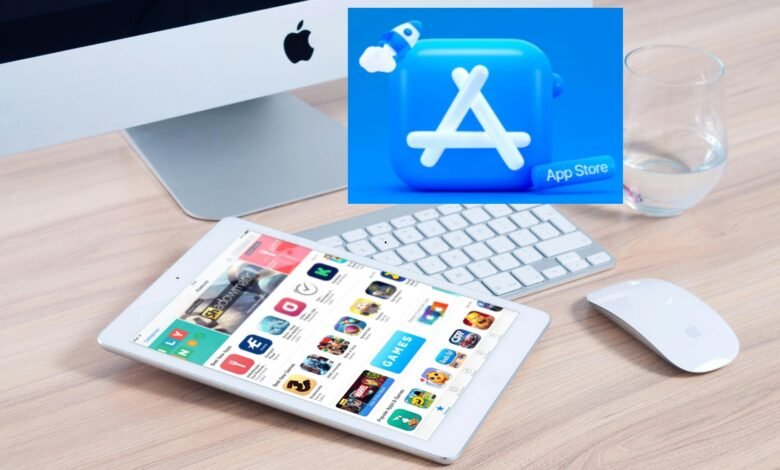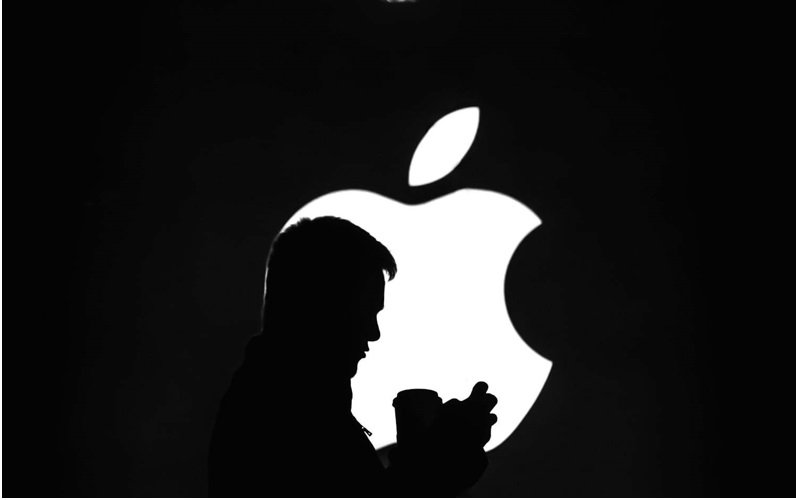Emulator Dreams Fulfilled! But Wait… Apple’s Retro App Store Surprise

Introduction Apple’s Retro App Store
When Apple released its most recent update to the Apple’s Retro App Store is app review and submission procedures for developers, it added language that appeared to explicitly authorize a new type of app for mimicking retro console games.
Third party Details of retro game emulators
Game emulators have long been forbidden on the App Store, and they were one of the primary reasons why European customers could seek out third-party markets.
Apple has historically prohibited apps that run code from an external source, but the revisions revealed today now allow “software that is not embedded in the binary” in select situations, with “retro game console emulator apps can offer to download games” being one of those cases.
It’s unclear how this will play out, but it may prohibit the type of emulators found on Android and desktop that allow you to play old games from any external source.
Apple is removing App Store limitations and making the marketplace available to retro gaming emulators. In a Friday update, Apple revealed that game emulators will be available for download on the App Store worldwide. Apple said the games must follow “all applicable laws,” implying that it will ban apps that provide pirated content.
The move should allow the remaining retro console emulators on Android to bring their apps to the iPhone. Game emulators have long been outlawed on iOS, leading iPhone owners to seek solutions through jailbreaking or other means. They’re also one of the main reasons why iPhone owners in the European Union might consider using third-party app stores now that they’re legal in the region. Apple’s Retro App Store change today could prevent it.
HTML5
Along with the new regulations for emulators, Apple modified its guidelines for super applications like WeChat. It now states that mini-games and mini-apps within these apps must use HTML5, indicating that they cannot be native apps or games.
ROM files
Retro game emulators use ROM files, which are essentially images of the game cartridges or discs that played on console hardware. It is currently widely accepted that emulators are entirely legal; nonetheless, the legality of ROM files downloaded from ROM sites on the Internet is dependent on the exact files and circumstances.
- Read More:- Mattel’s Metaverse Mania: Toys Take a Virtual Leap!
- Read More:- Apple Is Finally Allowing Retro Game Emulators In The App Store
The adjustment appears to be in response to the United States’ antitrust case, which claims Apple of aiming to eliminate both cloud game streaming apps and super apps. Apple recently began offering cloud streaming services such as Xbox Cloud Gaming and GeForce Now on the App Store.
There are ROMs that are entirely public domain or under some license where the creator allows distribution; there are ROMs that are technically copyrighted intellectual property but where the original owner no longer exists and the current ownership is unknown or unenforced; and there are some ROMs (such as many Nintendo games) where the owner still has an interest in controlling distribution and frequently takes action to try to curb illegal sharing and use of the files.
Furthermore, several game publishers utilize emulators to run ROMs of their own old games, which they offer to customers as standalone games or as part of collections on modern systems.
It’s not quite apparent from Apple’s wording, but our interpretation of Apple’s new guidelines is that only the final of those cases will be possible: companies that hold intellectual property might develop emulator apps for downloading ROMs of their (and only their) games. For example, Sega may provide a Sega app that allows users to download an ever-expanding library of Sega games, either as part of a subscription, for free, or as in-app purchases. Sega has previously provided its classic games on the iPhone in emulation, but only as independent apps.
After the Commission declared Apple’s anti-steering regulations “illegal,” Spotify attempted to upgrade its app with connections to its website for subscription purchases, but Apple did not approve it for several weeks. Spotify is still unhappy with Apple’s most recent move, as Apple continues to collect a commission on sales made through external links, despite EU Commissioner Margrethe Vestager’s statement that Apple must allow music streaming apps to connect “freely” with consumers.

“You are responsible for all such software offered in your app, including ensuring that such software complies with these Guidelines and all applicable laws,” the company says. And it expressly states that “retro game console emulator apps can offer to download games” in the list of exceptions to the prohibitions against “software that is not embedded inside the binary”—but it does not specify any other means for retro game console emulator applications.
In any case, the scope of this change extends outside the European Union. Apple has under regulatory scrutiny in both the EU and the United States over its App Store policies. It’s likely that the firm is making this move to avoid criticism in this area, but it didn’t specify why when announcing the change, only that it was made to “support updated policies, upcoming features, and to provide clarification.”



